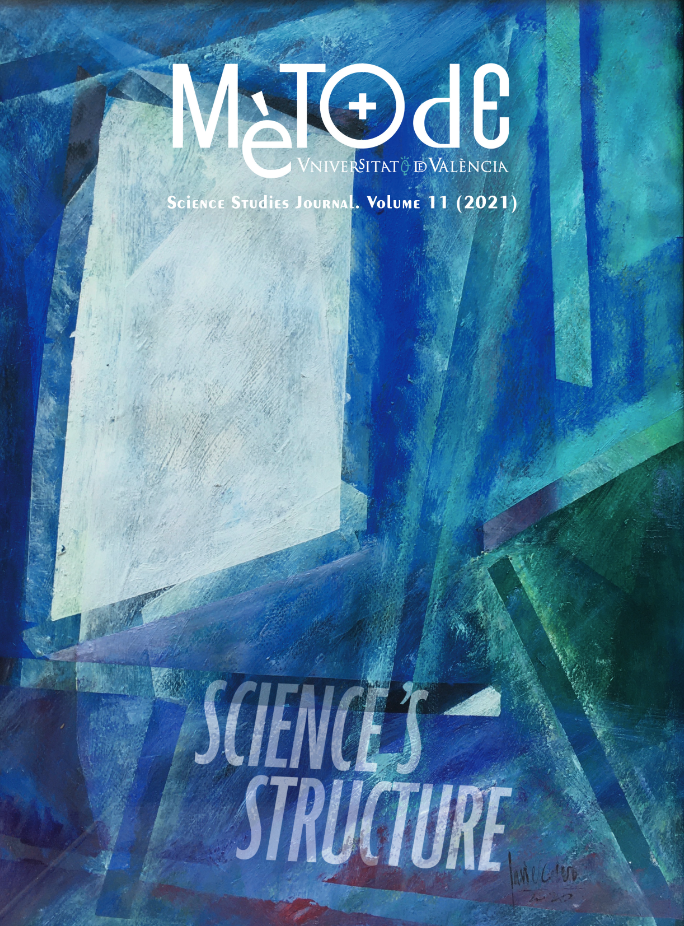Good to eat. Food and health at a time of information overload
DOI:
https://doi.org/10.7203/metode.11.19796 Abstract
Abstract
For most of the world's population, eating is no longer what it was just a few decades ago. The diversification and globalisation of the food supply, the industrialisation of food, and the abundance of information have simplified this everyday activity, but they have also made it more complex. Never before has it been so easy to eat well and to eat poorly. The proof is that obesity and overweight are no longer a problem exclusive to the richest, while nutritional deficiencies do not affect only the most impoverished. The new thing about our time is that both problems, over-nutrition and under-nutrition, coexist not only in countries and cities, but also within the same family and even throughout a person's lifetime.
Growing concern for health has fuelled interest in the relationship between diet and disease prevention. But despite the remarkable scientific advances, there are still many unanswered questions, and many evidence-based messages do not reach the population and are lost in a sea of misinformation and half-truths. In this monograph, apart from presenting a brief social history of food, we will delve into the advances in nutritional epidemiology, we will separate facts and fiction regarding current food, we will review what reliable dietary recommendations are and how they are identified, we will explain the evolution of dietary guidelines with an example, we will tackle the problem of ultra-processed food from the point of view of addiction and we will analyse miracle diets and how to detect them.
 Downloads
Downloads
Downloads
Published
How to Cite
-
Abstract639
-
PDF429
Issue
Section
License
![]()
All the documents in the OJS platform are open access and property of their respective authors.
Authors publishing in the journal agree to the following terms:
- Authors keep the rights and guarantee Metode Science Studies Journal the right to be the first publication of the document, licensed under a Creative Commons Attribution-NonCommercial-NoDerivatives 4.0 International License that allows others to share the work with an acknowledgement of authorship and publication in the journal.
- Authors are allowed and encouraged to spread their work through electronic means using personal or institutional websites (institutional open archives, personal websites or professional and academic networks profiles) once the text has been published.





